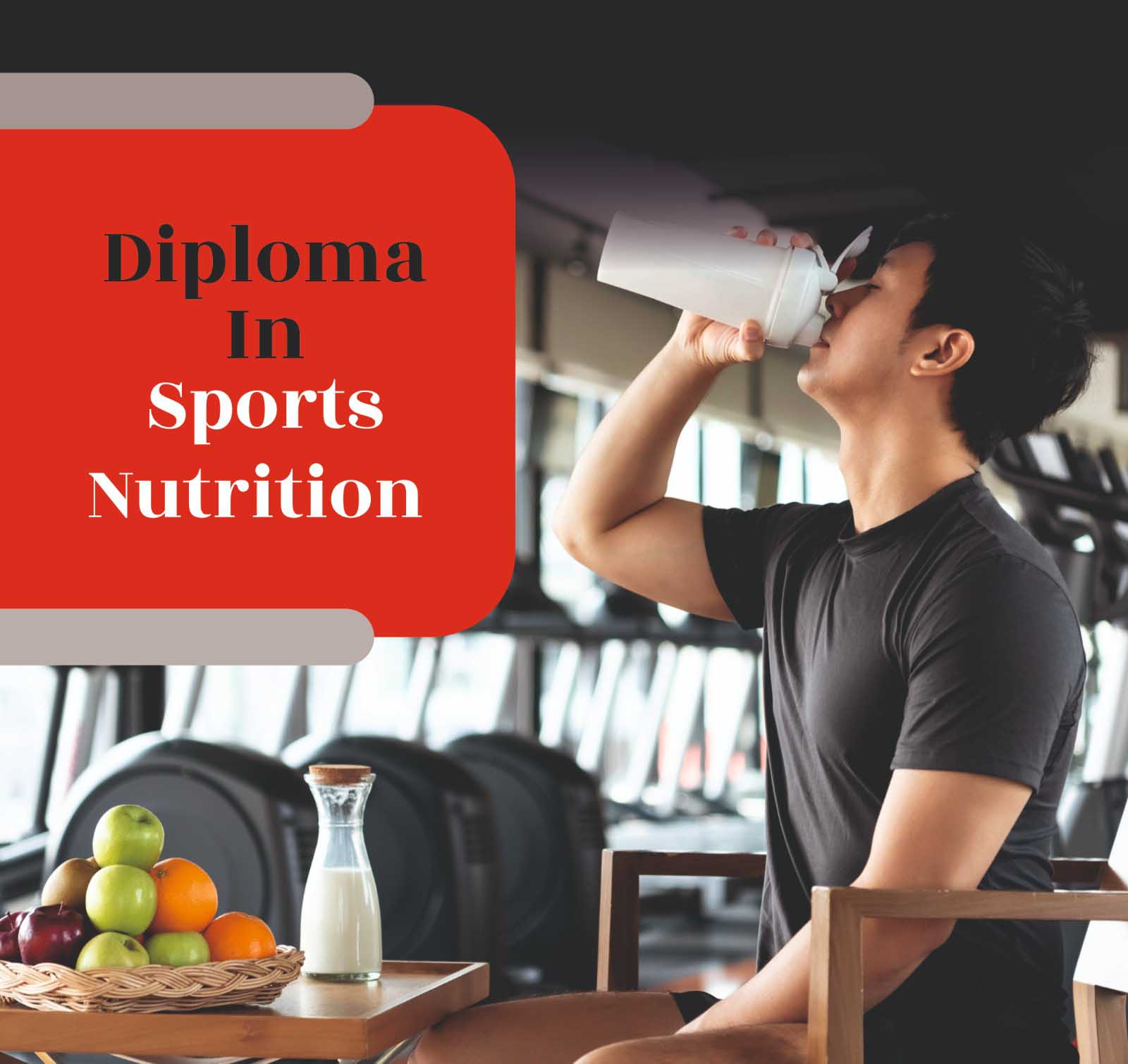| Type | Duration | ECTS |
|---|---|---|
| Regular | 6 Months | 28 |
| Certificate | 3 months | NA |

Who is this program for ?
This program is suitable for individuals who want to become sports nutritionists, registered dietitians specializing in sports nutrition, or fitness professionals with a focus on performance nutrition.
A Diploma in Sports Nutrition program equips students with the knowledge, skills, and abilities necessary to excel in the field of sports nutrition.
Here are some of the key program outcomes:
By achieving these program outcomes, graduates of a Diploma in Sports Nutrition will be well-prepared to pursue successful careers in the sports nutrition field and make a positive impact on the lives of athletes.
A quick summary of the placement support received by Diploma in Sports Nutrition program’s alumni
This module provides a comprehensive overview of the essential nutrients required for optimal athletic performance. It delves into the role of macronutrients (carbohydrates, proteins, fats) and micronutrients (vitamins and minerals) in fuelling the body for exercise. Additionally, the module explores the importance of hydration and energy balance in sports nutrition.
This module delves deeper into the specific nutritional needs of athletes, focusing on periodization, gastrointestinal disorders, immunity, recovery nutrition, and nutrition during rehabilitation. This module provides practical guidance on optimizing nutritional intake for peak performance and recovery.
By completing Module 2, students will gain a comprehensive understanding of sports nutrition and be able to develop personalized nutrition plans for athletes of all levels.
This module focuses on the assessment of nutritional status in athletes, providing students with the knowledge and skills to accurately evaluate dietary intake, hydration status, iron levels, bone health, and the risk of eating disorders.
By completing Module 3, students will gain a comprehensive understanding of nutritional evaluation and be able to provide athletes with personalized recommendations to optimize their performance and health.
This module provides a comprehensive overview of ergogenic aids and anti-doping regulations in sports. Students will learn about the benefits, risks, and ethical considerations associated with using supplements and other performance-enhancing substances.
By completing Module 4, students will gain a thorough understanding of ergogenic aids and anti-doping regulations, enabling them to make informed decisions about their use and ensure compliance with ethical standards in sports.
This module focuses on the nutritional strategies necessary to optimize athletic performance in various sports. This module provides practical guidance on tailoring nutrition plans to meet the specific needs of endurance athletes, weight category athletes, team sports athletes, strength and power athletes, aesthetic athletes, and winter sports athletes.
By completing Module 5, students will gain a comprehensive understanding of the nutritional factors that influence peak performance in various sports and be able to develop effective nutrition strategies for athletes.
This module focuses on the unique nutritional needs of specific athlete populations, including young athletes, elderly athletes, vegetarian athletes, para athletes, and athletes with diabetes.
By completing Module 6, students will gain a deeper understanding of the nutritional needs of specific athlete populations and be able to provide tailored recommendations to support their performance and health
